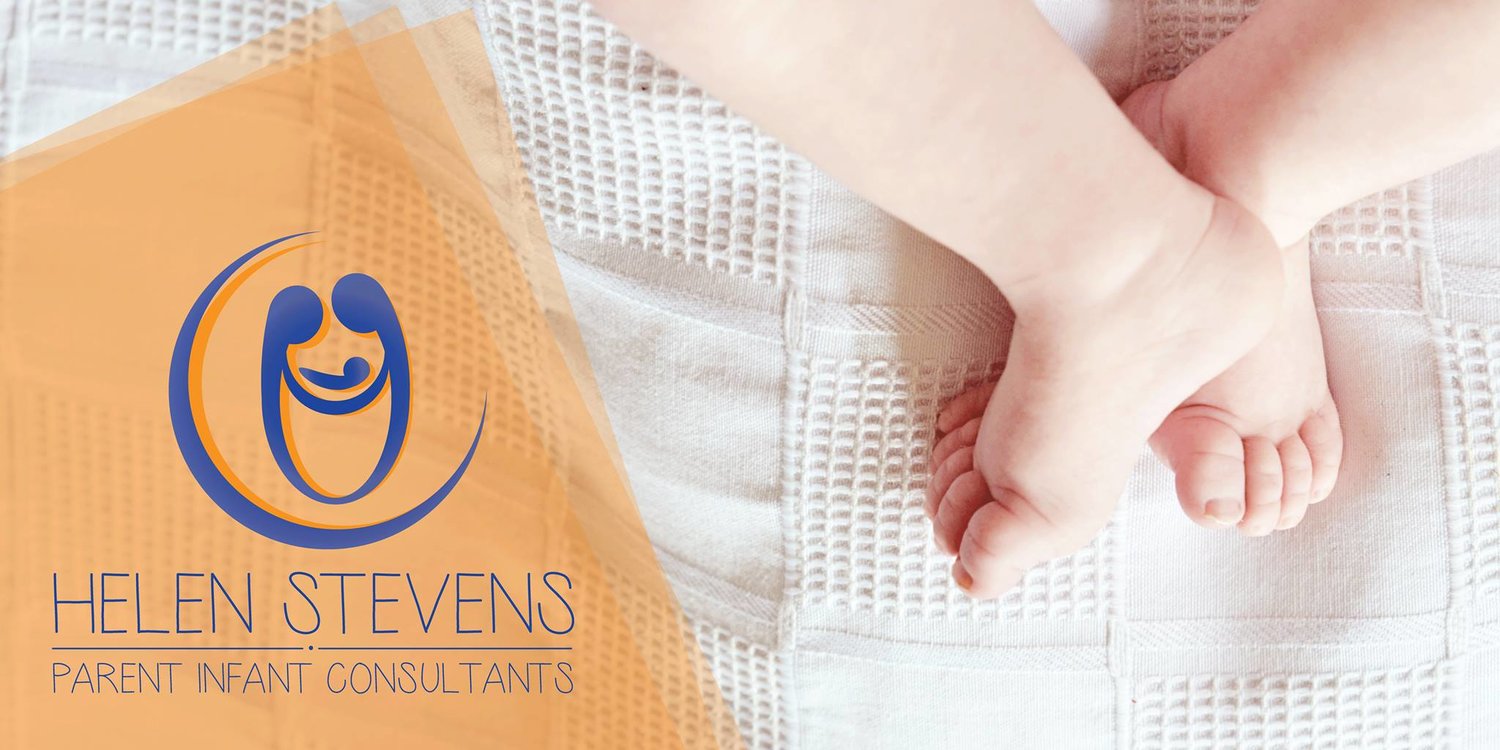Popular culture tends to idealise parenthood with images of smiling parents doting upon their peacefully sleeping baby. ‘Perfect parenting’ is portrayed as unwavering love and vigilant supervision at all personal cost, to ensure a baby never struggles, suffers or is deprived of a need.
While we all strive to provide excellent care, is this stereotype realistic or even ideal? Sometimes we are so focussed on being a great parent that we don’t realise we might be providing a little more care than what the baby actually needs.
In the 1950s, a well known and respected paediatrician and psychoanalyist, Donald Winnicott, put it beautifully when he described an ‘ideal mother’ as being a ‘good enough mother’.
Winnicott’s good enough mother is not so much a perfect parenting goddess, but rather a gardener. She is initially preoccupied with being a provider and intensely focussed on the baby, but with time that role evolves to being aware of how much her baby can begin to do without intense assistance.
The good enough mother (or parent we should say) adapts to provide for their baby’s every need as they grow, offering a style of love and patience that allows their baby to do more and more independently. This does not mean neglecting the baby - rather it refers to being watchful and being guided by what they’re showing you they can do.
Have a think next time you hand something to your baby, a toy for example. You may be inclined to habitually hand it to your baby rather than watching to see if your baby can reach out for it and pick it up. After the first few months, we get so used to doing everything for them, it's so easy to get stuck in the love-care-provider role, and forget that much of our work is more about enabling our babies to reach their potential, rather than doing it all for them.
It may surprise you how much your baby can do, or at least try to do. The trick is remembering that they’re always developing and to keep up with them.
Babies and children learn from experiences, so allowing them time to explore and experiment is a healthy component of their development. They need to attempt things, fail, learn then try again.
As a parent, we are the gardener, the one who tends to our babies and children intensely initially, then progressively less so, to allow our babies and children to grow knowing they have a protective, caring, but not overbearing caregiver. Our role is to look out for signs that they are ready for something new and provide the opportunities for them to reach their potential through exploration and learned experiences.
To every parent, you too will need to explore and expand your capacity as a parent. You may well be a person who finds it difficult to hand over control and give your baby the space to learn for themselves, however if you are aware of this evolution, then your ability to allow your baby or child this space will also flourish.
How we can help
Helen has really helpful tips and tricks for settling your baby in her new book. It's got a step-by-step guide she developed with families when helping them through their baby sleep struggles. Check it out >>
How we can help
If you'd like to chat more about the stresses of parenting and family life, or if you have a particular issue like baby sleep or daily routines, book a consultation with Helen and talk it through. Find out more >>
Helen also has great sleep tips and tricks in her new book, tried and tested with real families who Helen helped through their baby sleep struggles. Check it out >>

